6 precious hawks who can help you spend less on fuel
Categories: Auto | Economy | Life hacks | People | Society | Travel | World
By Vika https://pictolic.com/article/6-precious-hawks-who-can-help-you-spend-less-on-fuel.htmlWe all need to spend less on fuel. It turns out that there are a lot of simple tricks, like driving, which will help you save on fuel and increase the mileage of the car.
Here, we have collected some useful tricks that will help you improve fuel economy.
6 PHOTOS
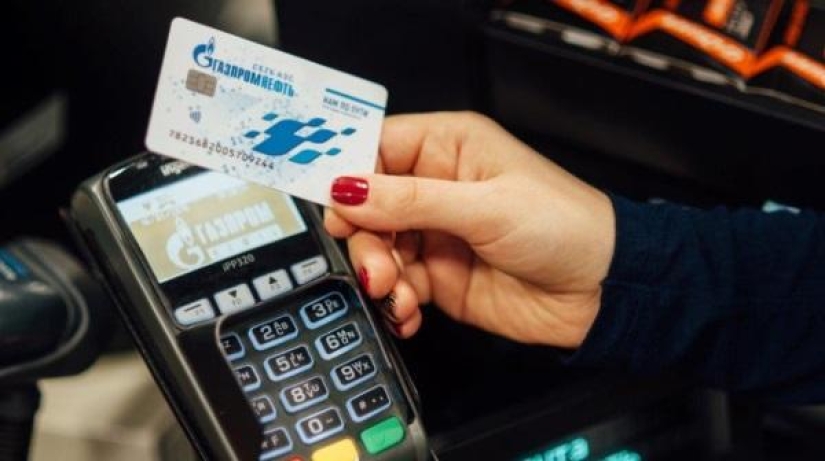
1. Use fuel cards.
A fuel card will be a good way to save on routine expenses, especially if you travel by car or drive a personal vehicle.
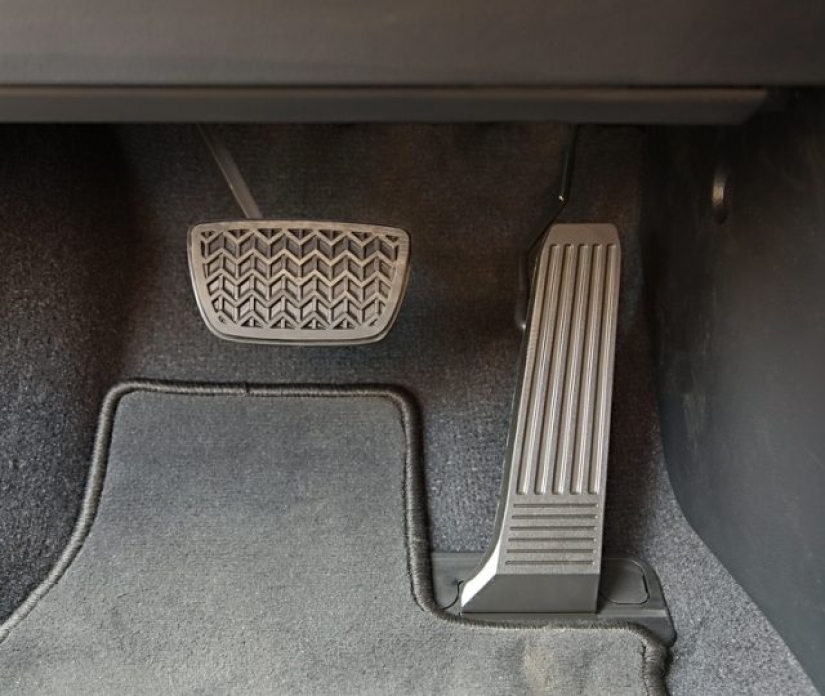
2. Smooth acceleration.
Strangely enough, smooth driving can help you save up to 20% on fuel. Try to avoid rapid acceleration from stop signals and rapid braking.
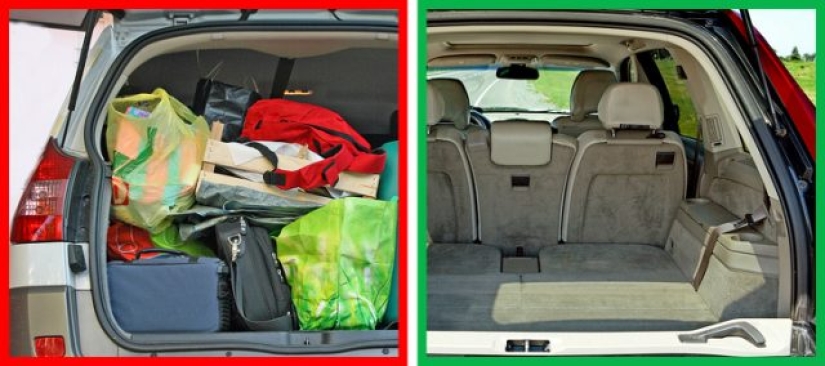
3. Hold the trunk empty.
Additional weight, which you carry in the trunk, increases the resistance and, consequently, the amount of fuel, which you spend.
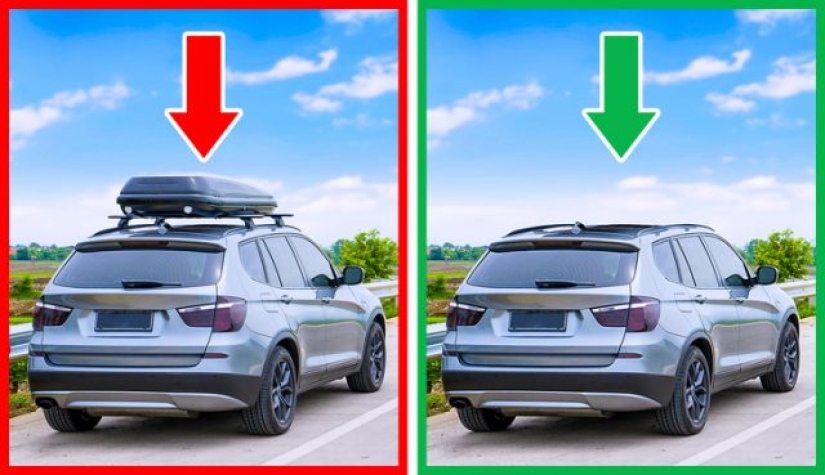
4. Improve the aerodynamics of your car.
Wind resistance is one of the main reasons for the increase in fuel consumption. To reduce resistance, keep your windows closed. An open window at a high speed will sharply increase the resistance, which can lead to a reduction in fuel consumption by 10%. You can also get rid of the trunk on the roof to improve the aerodynamics of the car.
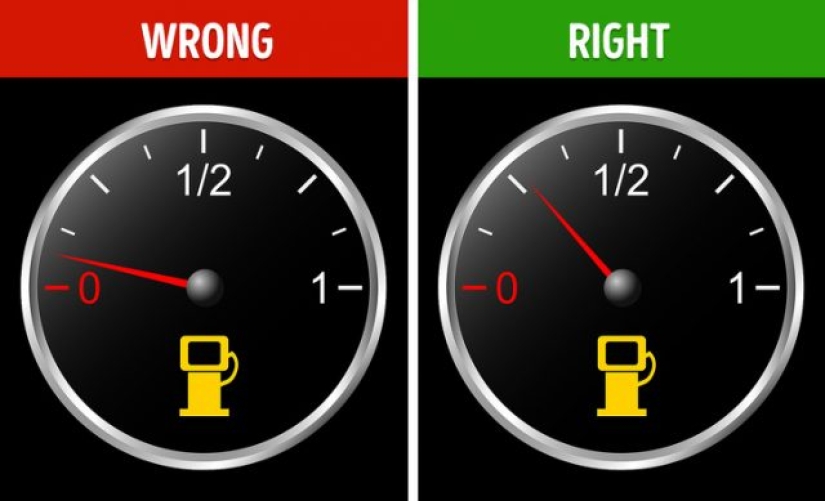
5. Do not wait until your tank empties to fill it.
If the fuel tank is almost empty, there is a chance that in the end, you will buy expensive fuel at the nearest gas station, do not have the opportunity to choose the best option.
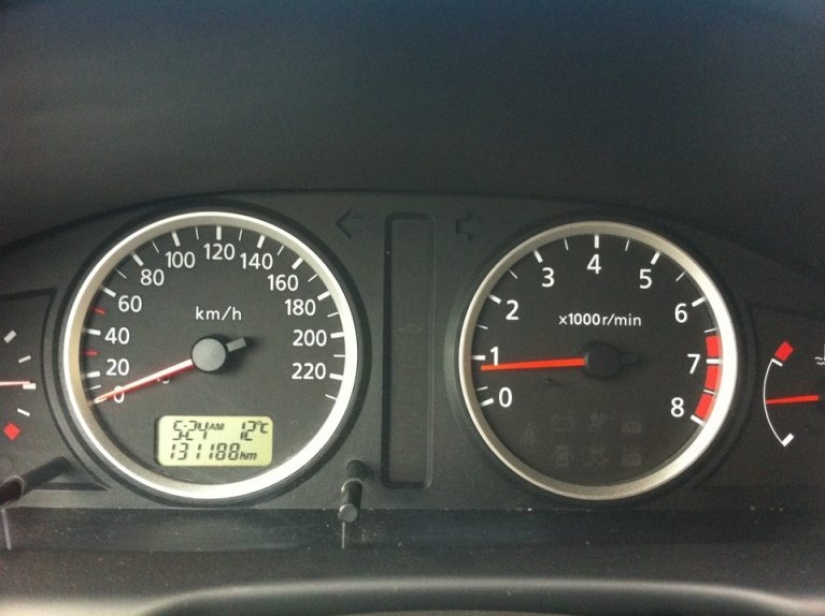
6. Avoid idle time for long periods of time.
At the end of a long period of time on the idle run is spent empty fuel, which can be saved by turning off the engine. When you are on a railroad crossing or driving on the road, turn off the engine. The restart requires about as much fuel as there is for 30 seconds of idle, so it makes sense to turn off the engine when your stop lasts longer. Remember, however, that an engine shutdown can disable some of the most important safety features of your car (including safety pads), so be careful.
Keywords: Hawks | Fuel | Cars | Society | People | Tricks | Lifehacks | Mileage | Travel | Driving
Post News ArticleRecent articles

It's high time to admit that this whole hipster idea has gone too far. The concept has become so popular that even restaurants have ...

There is a perception that people only use 10% of their brain potential. But the heroes of our review, apparently, found a way to ...
Related articles

For centuries, hats have played an important role in men's wardrobe, performing utilitarian, decorative and even symbolic ...

People have always been interested in what the future will look like and how modern technologies will develop. This was especially ...

German photographer Thomas Strigelsky created a series of photographs depicting abandoned cars in the Hawaiian jungle. The project ...

New Year's is a time to surprise and delight loved ones not only with gifts but also with a unique presentation of the holiday ...